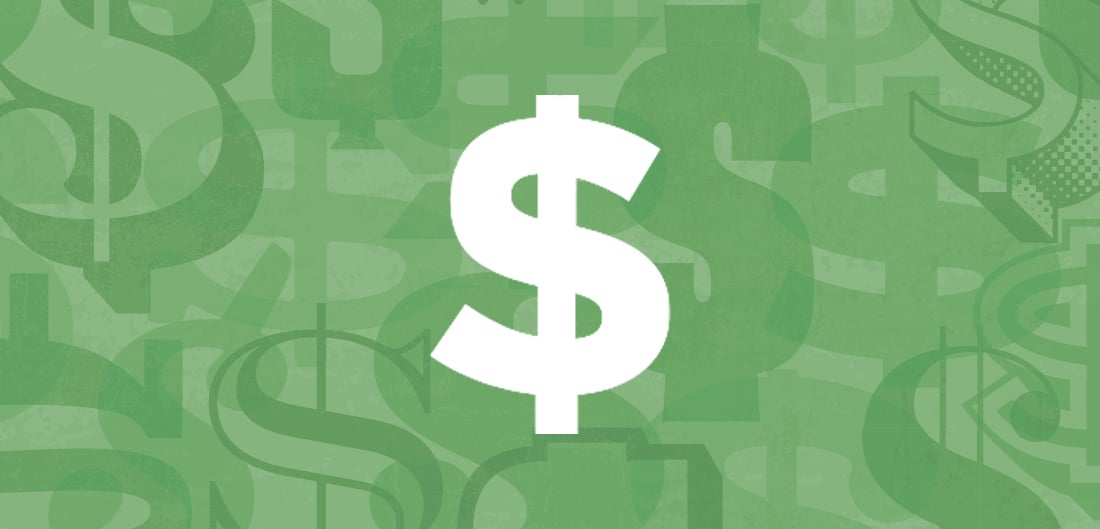A pathway to a more sustainable and cost-effective lifestyle lies within our homes.
Home energy audits are assessments for homeowners seeking energy efficiency, cost savings and a smaller footprint.
Conducted by professional energy auditors, these are far more detailed than a routine home inspection; they’re a personalized guide to energy efficiency.
For homeowners considering an energy audit, the process involves thermal imaging to detect heat loss and a thorough examination of insulation, appliances and HVAC systems in an effort to identify areas of energy waste. The assessments provide tailored improvements homeowners can make to become more energy-efficient.
The average cost of an audit ranges from around $200 to $700, with a median cost of about $420, according to Angi.[®] [1]It’s an investment that pays dividends in the form of long-term savings.
What’s in it for you?
Homeowners who make the identified improvements could save between 5 and 30% on their monthly energy bills, according to the Department of Energy.[2] Energy-efficient homes can also gain increased property value, aligning with the growing trend of sustainable living.
Beyond immediate benefits, homeowners are eligible for a 30% tax credit on the audit’s cost, capped at $150, as an additional incentive. Starting in 2024, taxpayers must acknowledge that a qualified auditor conducted their home audit. In order to complete this requirement, the written audit must be completed by an auditor certified by one of the programs recognized by the Department of Energy.
Beyond cost savings on the audit itself, homeowners who make qualified energy-efficient improvements to their home may qualify for a tax credit of up to $3,200 for the tax year the improvements are made. The IRS outlines the steps necessary to receive the credit.[3]
Green beyond green
By identifying and rectifying energy inefficiencies, homeowners contribute to a collective reduction in carbon footprints. Energy-efficient homes not only lessen environmental impact but also enhance overall comfort, reducing drafts and temperature variations.
Homeowners can tailor their approach based on budget and priorities, allowing them to embark on a personalized journey toward a more energy-efficient and sustainable home.
To find a certified auditor, the Department of Energy recommends contacting your state or local government energy or weatherization office, asking your energy utility provider or by visiting energy.gov.
ERIE can craft insurance solutions to fit the needs of the Customer regardless of their home’s energy efficiency. Call your agent to discuss what policy options might be right for you.
